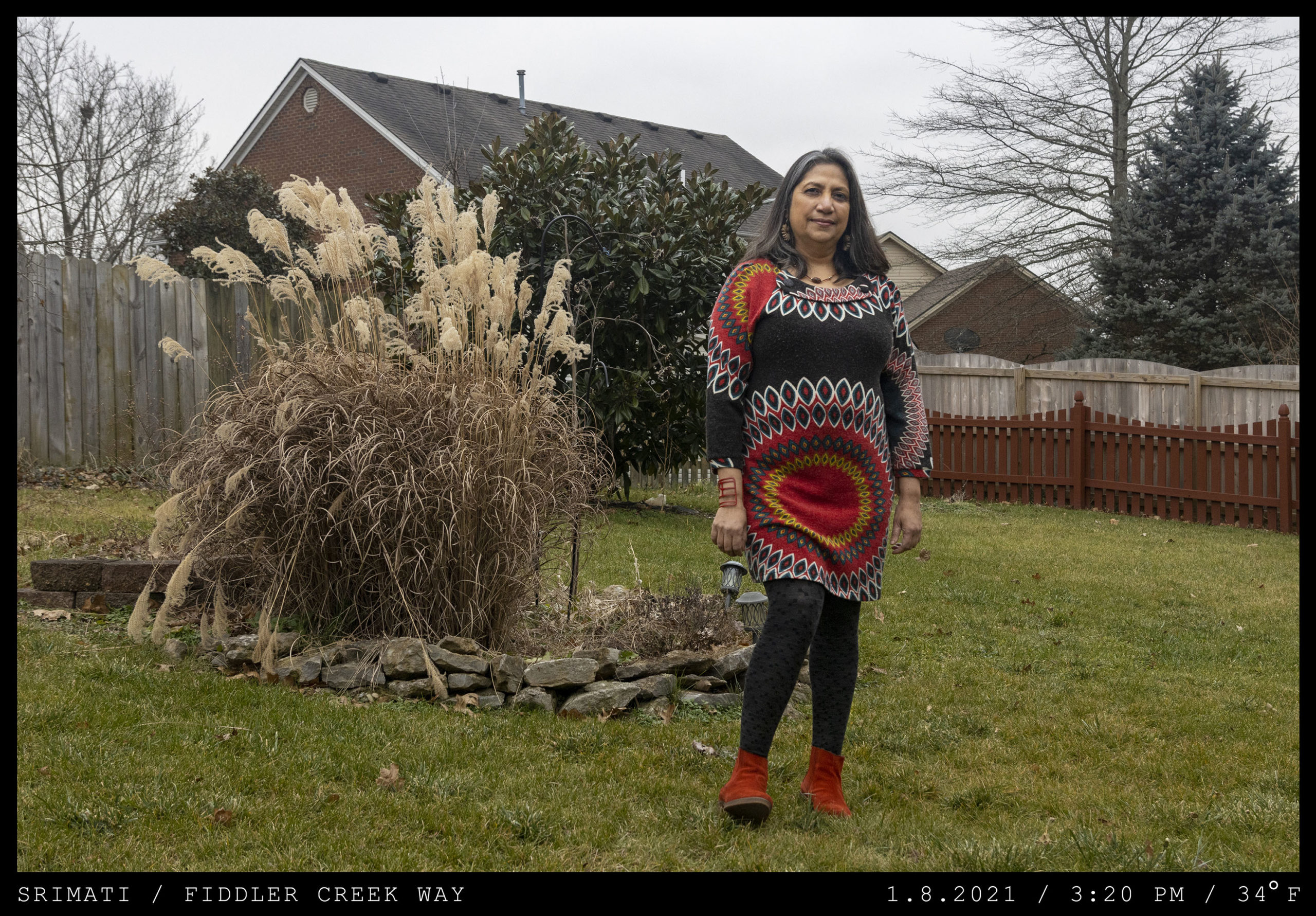Srimati Basu is Professor of Gender and Women’s Studies and Anthropology, and a member of the Committee on Social Theory at the University of Kentucky.
“It’s a standing joke among my friends and family that when we’re in a group at a restaurant, servers seek me out as the person in charge. Perhaps it’s the loud voice and laughter, no doubt some I-know-what-I-want vibe, hopefully a friendly face. Another is the breadth of my networks and friendships, characterized fondly as ‘two degrees of separation,’ typified in the ‘most people met in a day’ award at my UK orientation. I feel it to be a curiosity in lives and connections, but not disadvantageous in navigating work either. Some of this especially comes in handy as an ethnographer and as a teacher, where coming up to once-strangers, listening to stories and seeing people whole is at the heart of the enterprise.
As professors and professionals, we get to be in lots of settings where we do in fact claim informed expertise, enjoy problem solving, revel in argument. Folks will also tell you I bring this scrutiny to the hilarious bureaucratic language of academic administration as much as to political hypocrisies and social compliance. Not typically afraid to poke at the logic, with as much humor and flair as I can manage. Given that my academic fields are Gender and Women’s Studies and Anthropology, both of them known for dutiful liberal rhetoric with little complex recognition for foreigners or people of color in their midst, I inhabit these spaces with the same squeaky non-belonging. I treasure meaningful friendships in these enclaves, and hope we can make the spaces more habitable to a broader swath of identities, styles and personalities. Lest this give the impression that orneriness is mostly work related or about ‘American’ contexts, let me be clear that the squeaks infiltrate every sphere, from the religious and cultural politics of Indian-Americans, to the violence of the present Indian State and frightening loyalties to it among our family and friends, to the exhausting scripts about sexuality and gender identity that pervade everyday socialities
It’s difficult to decide where these traits come from: resisting a family history of extremely shy people? Or the other family history of violence and its silences? Never getting over being the hopelessly curious class clown? Leaning into the Bengali love of contrarian argument? Or the South Asian joy in conviviality? I carry the habitus of scrappy defiance against irritating gender norms in school or streets, of our insistence on broadening the scope of what ‘a department of mostly girls’ could be up to in college, of the sudden shock of racialization and its attendant poor expectations game in grad school in the US. Like others of my background who had scant awareness of the class, caste and religious hegemonies that allowed us to be raised as girls with excellent education and professional aspirations (though less feminist outcomes might have been more welcome to our kin), living and working in the US has meant re-mapping how we could ethically locate ourselves, whom we wanted to speak alongside. Both the unearned advantages and the challenges we encounter drip into how we shape ourselves, with family psychodynamics and DNA and random formative experiences all being part of the batter.
The very category of leadership is in crisis at the moment, between bad-faith political leaders, celebrity influencers selling trends, or university poohbahs and carefully opaque language. Given the mediated nature of our lives, especially this past year, fictional and ‘real’ characters have merged in my mind as inspiration–Zee Thomas and Tiana Day, Naomi Osaka, Malala and Greta; RBG and Dolly Parton; Lieutenant Yeo-Jin Han (Stranger) and Poppy Parnell (Truth Be Told) and Charlotte Ritter (Babylon Berlin); Stacy Abrams and Elizabeth Warren and Cori Bush; Brigitte Nyborg (Borgen) and Jacinda Ardern; the aunties and grandmas who occupied Shaheen Bagh as the face of the resistance to the Indian government’s Citizenship Amendment Act, and the students and professors at Indian national universities waging unending long struggle. They are all, in a word, irrepressible. I love their fierce refusal to fall in line, their adventurous defiance and deep kindness and eye on justice. Most of all (and this is more about me), their humor and pleasure–Abrams’ steamy romance novels, RBG’s workout passions and dissent collars, the music of Shaheen Bagh–their claim to some delicious space for themselves. As they flow through my life, I hope they constitute how I might embody leadership and living.”

